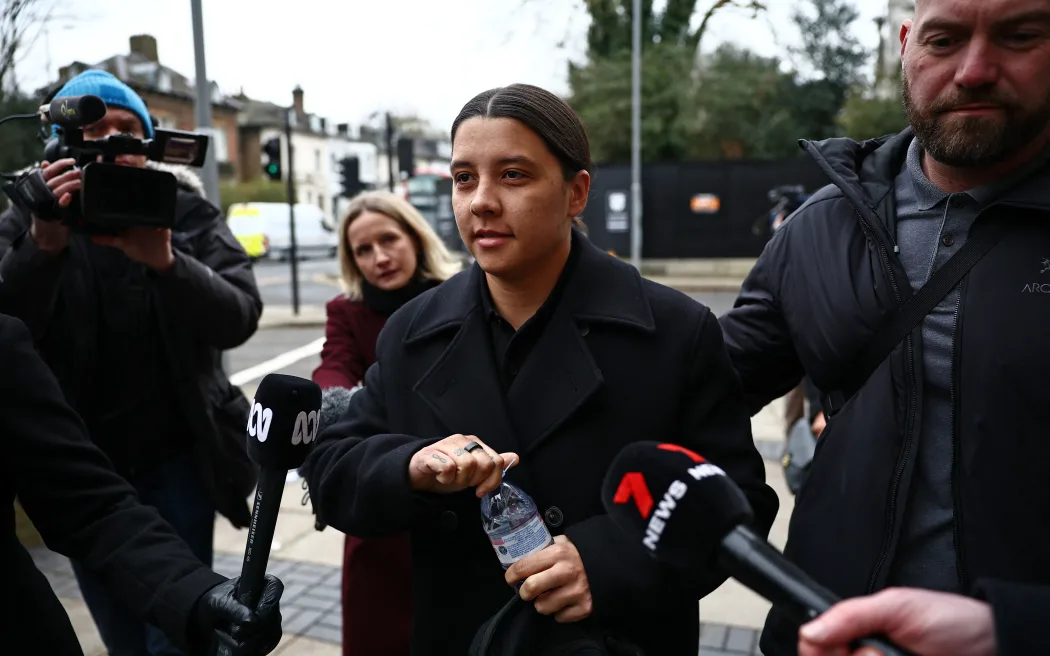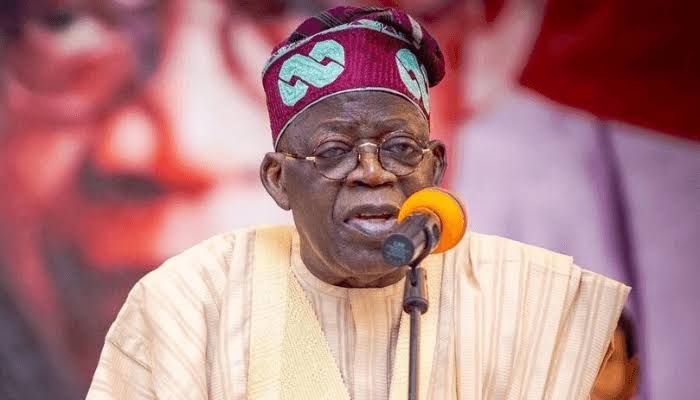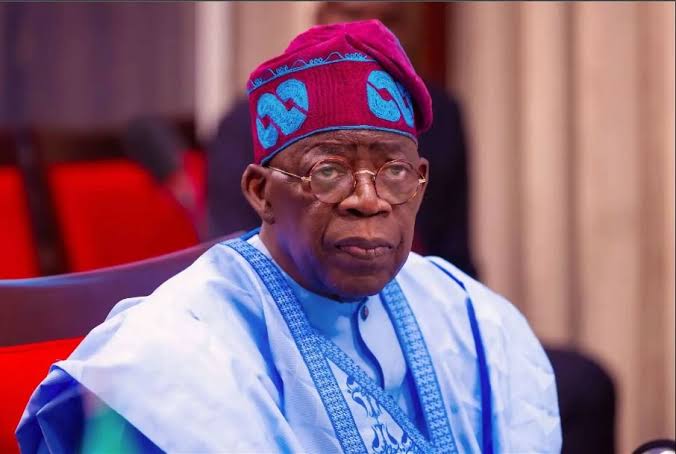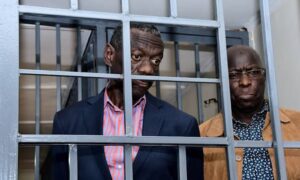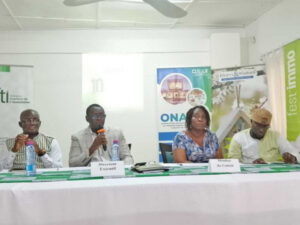South Sudan’s President Salva Kiir has dismissed two vice-presidents, the head of the national intelligence agency, and several other high-ranking officials. The announcements were made through a series of presidential decrees broadcasted on state media, although no specific reasons for the dismissals were provided.
As part of a 2018 peace agreement aimed at resolving a civil conflict, South Sudan has five vice-presidents. The nation, rich in oil resources, gained independence from Sudan in 2011 but soon faced civil war following a fallout between Kiir and his deputy, Riek Machar. The power-sharing arrangement established in 2018 has encountered numerous challenges.
Among those removed from their positions is James Wani Igga, a seasoned politician and general who has served as vice-president since 2013 and has held the role of deputy chair of the SPLM, the president’s party. The other vice-president dismissed is Hussein Abdelbagi Akol, affiliated with an opposition coalition (SSOA) that is separate from the main opposition group led by Machar.
Akol has been reassigned as the minister of agriculture, taking over from Josephine Joseph Lagu, who now assumes a vice-presidential role. Benjamin Bol Mel, previously sanctioned by the US in 2017 for alleged corruption, has been appointed to succeed Igga as vice-president. Mel, who was a special presidential envoy for special programs, has been speculated to be a potential successor to Kiir.
The president has yet to name replacements for the health minister and the governor of Western Equatoria, both of whom are affiliated with Machar’s party. Additionally, no substantive replacement has been appointed for the recently dismissed spy chief, Akec Tong Aleu, who had only been in office for four months after his appointment in October.
Read more: Chelsea star Sam Kerr cleared of racial harassment
The peace agreement established in 2018 grants the president the authority to appoint and remove government officials at both the national and state levels. However, he can only make such appointments or dismissals for officials affiliated with other political parties if he receives approval from the respective party leadership. It remains uncertain whether the removal of the governor of Western Equatoria and the health minister was endorsed by their party leader, Machar, as the SPLM-In Opposition has not provided any comments on the situation. Since gaining independence, South Sudan has not held any elections. The first nationwide election was intended for 2015, but it was unable to proceed due to the conflict that began in December 2013. A subsequent attempt was planned for 2022, but the elections were delayed by two years and were expected to occur two months ago. The elections have now been postponed once more, with the country’s leadership announcing that they will take place in December 2026.

